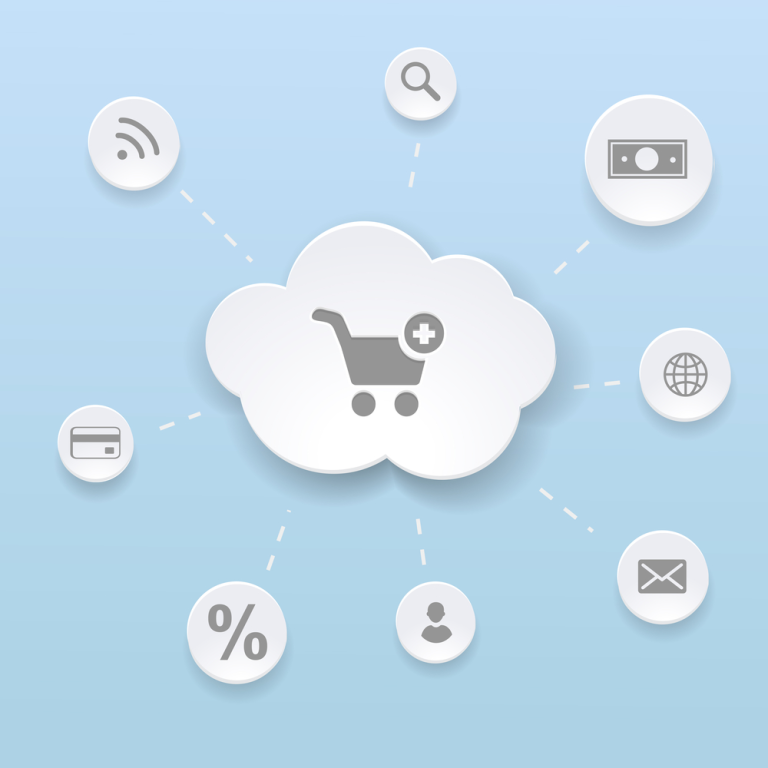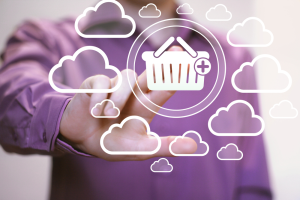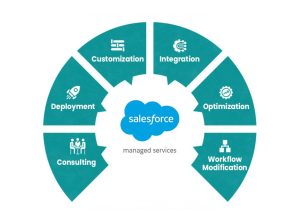Retail E-commerce sales worldwide are expected to reach $4.2 Trillion. Retailers are taking Online as serious as their in-store business. Adobe surveys found that 9% of U.S. consumers, 8% of Japanese consumers, and 15% of United Kingdom consumers said they had never purchased anything online before March 2020. “This is a brand new audience for e-commerce,” Woosley said. “It’s likely these consumers are here to stay.”
Security – With the growing market for the E-commerce Industry, the threat also increases. Thirty thousand websites, including online stores, get hacked on a daily basis. E-commerce stores have confidential data like customer profiles, credit cards credentials and bank account details. Zappos website was hacked and cybercriminals had stolen data of more than 24 million users.
Security of the E-commerce store should be the top priority that’d help gain the customers’ trust. Imagine, if the big E-commerce platforms can be hacked or can go down, wouldn’t it be easy to take down your E-commerce website built on Traditional App?
Website Loading Time – Traditional E-commerce web pages loading can increase churn. A simple 2 secs delay will result in a lost customer. On an average, you have only 5 secs to engage a customer.
Losing customers could be very easy. You need to control all the aspect of End User experience starting from Hosting, Page Loading Time, Technical Upgrades, etc. Amazon had lost $3.75 Million because it’s webpage went down for approximately 30 minutes. The cloud-based E-commerce platforms promise SLAs that could be expensive if you try to achieve the same SLA on your hosted systems.
Mobile Ready – This could probably top the list of most important features of an E-commerce Platform. Every E-commerce Platform today has to be device responsive. The audience of mobile shoppers grows exponentially. You’ve got to either take care of mobile optimization yourself or simply go for a modern, mobile-ready theme. Such a template would deliver a lightning-fast, comfortable shopping experience on handheld devices, getting you more loyal shoppers and sales.
IT Staff – Only a top-notch team can run the show off a highly ambitious organization. Having to take care of skillset and attrition of your Technical Staff who are responsible to have the website up 100% is going to be tedious and mundane. On the other hand, take the E-commerce cloud which doesn’t have to be managed by you. You can be rest assured that you could open a browser and start working.
Upgrades – Imagine having to take care of the Hardware, Software, Virtualization, Application, DR and High Availability. And every few years one of the other have to be upgraded or replaced. It can really get painful even for a small business. E-commerce Cloud provider takes care of the upgrade and all you need is a simple to use Tool. You really don’t have to worry about what’s happening backstage.
Flexibility – You can simply go about adding few Brands, new Geographies without having to worry about scaling out Infrastructure.
Low set up and Maintenance Cost – Buying all the Hardware + Software required to build your store grounds up can really cost some insane amount of money upfront. Whereas an E-commerce Cloud provider gives out options to get up and running without paying in a few cases. You need to start paying after you reach a certain amount in Sales. Until then you can use the free version. In other scenarios, it’s simply only 10s of dollars to run the entire shop per month.
Quick benefits of moving to an E-commerce Cloud –
- Quick Page load time
- Secure data and transactions
- Scalable and Robust IT infrastructure
- Enhanced mobility
- No CAPEX
- Reduced OPEX
- Fool-proof DR
- Investments tailored to the needs of your Business.
- Good customer experience to help retain customers.
- With Content Delivery Network (CDN), rich content can now reach customers much faster.
- Customers’ recommendations in discussion groups on accessories and upgrades can be utilized.
- Quickly launch new sites, create all-new consumer experiences, bring stores online, expand into new geographies, adopt new features, and integrate partner technologies.
The popularity of SaaS platforms like Shopify and Demandware (now Salesforce Commerce Cloud) is mainly down to an increased simplicity of platform management. It is secure, readily scalable and robust enough to handle millions of transactions per minute. It can integrate with 3rd Party Apps, is SEO enabled and Mobile/Tab responsive. Demandware which is now Salesforce Commerce Cloud can readily integrate with Sales Cloud, Pardot, other Salesforce Suite of products and 3rd party apps. We have highly summarised blog written on how to choose the ideal eCommerce platform for your online shop and the benefits associated with Salesforce Commerce Cloud. You could have either B2B or B2C business; we have topics that cover how Salesforce B2C Commerce Cloud and B2B Commerce Cloud can help your business accordingly. This would give you deeper insights when you plan to take your shop online. Get in touch with us to understand how Zivoke’s Commerce Cloud Implementation and Managed Support could help your business.




